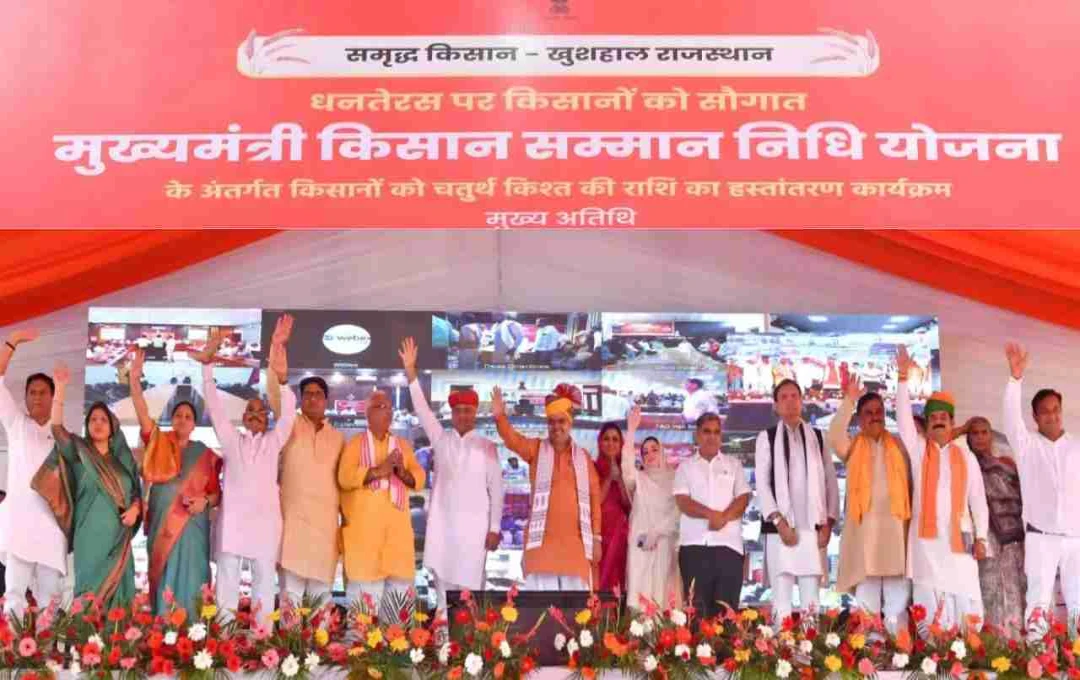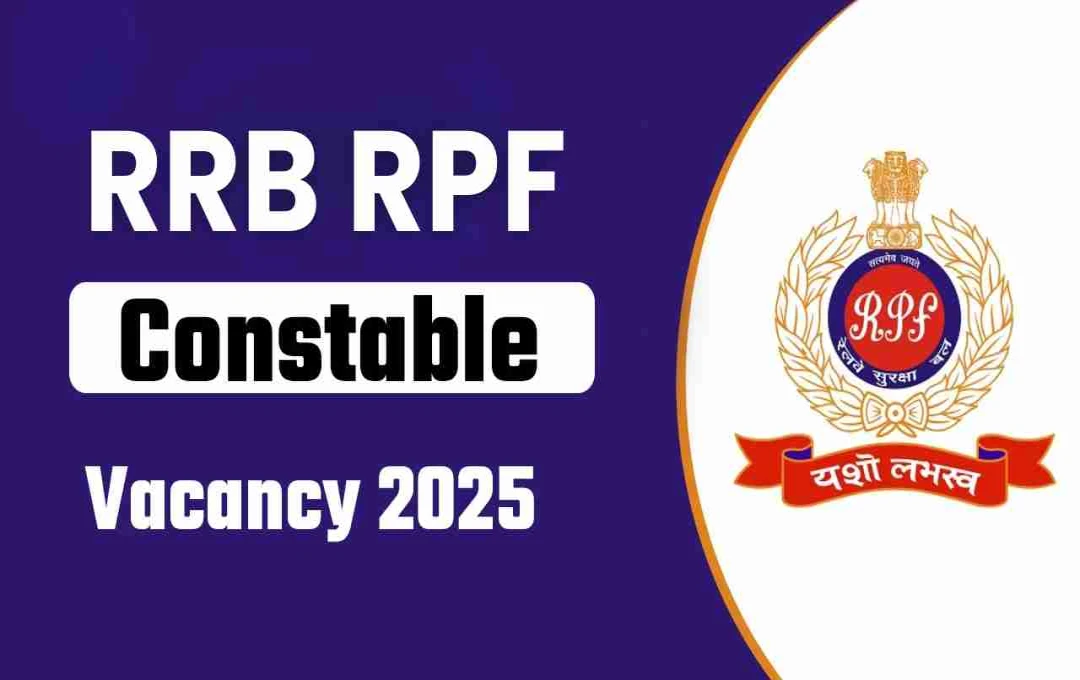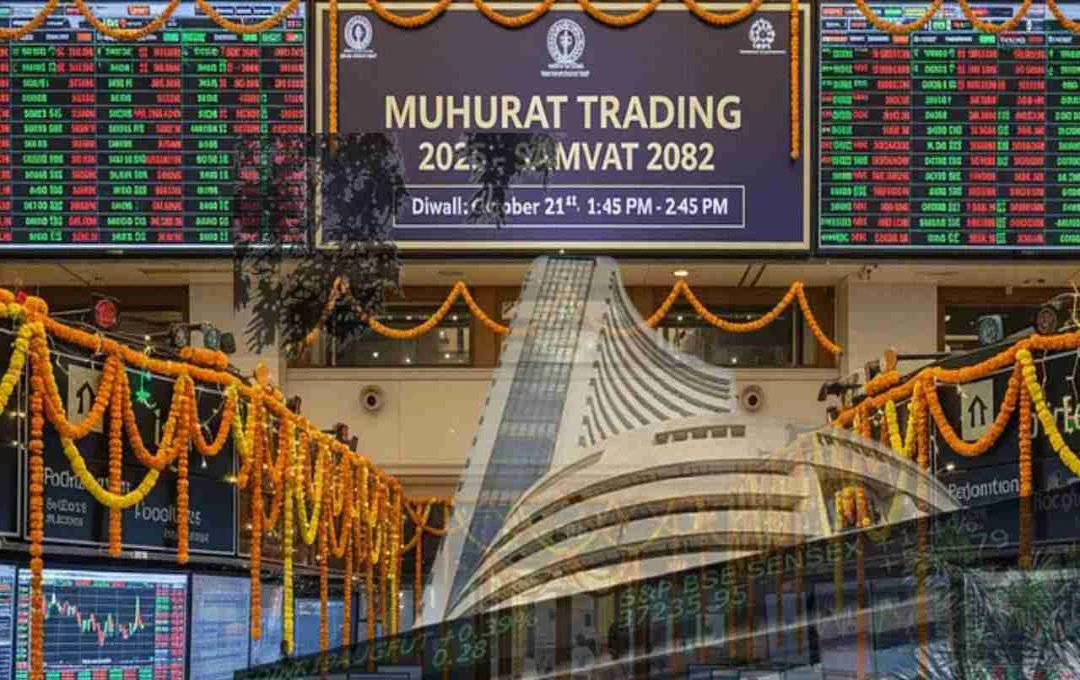Japan Achieves Internet Speed History: A Complete Netflix Library Can Now Be Downloaded in a Second at 1.02 Petabits per Second.
Netflix: In today's world, the internet has become an essential part of our lives. From video calls to watching movies, everything depends on the internet. So, if someone were to say that you can download the entire Netflix library in just 1 second, you might not believe it. But now, this is not a fantasy, but a scientific reality. Japan has achieved a historic milestone in the world of the internet. Scientists at the National Institute of Information and Communications Technology (NICT) have recorded a record-breaking speed of 1.02 petabits per second (Pbps). This achievement is not only a marvel of technology but also a new definition of the future of the internet.
What is 1 Petabit per Second? How Different is this Speed from the Common Internet?
We often measure our internet speed in megabits per second (Mbps). In India, the average speed is 64 Mbps, and in developed countries like the United States, it is around 300 Mbps. However, 1 petabit per second means 100 million gigabits or 1 billion megabits per second. In other words, comparing this new achievement of Japan to India's internet, this speed is millions of times faster.
What is the Science Behind this Technology?
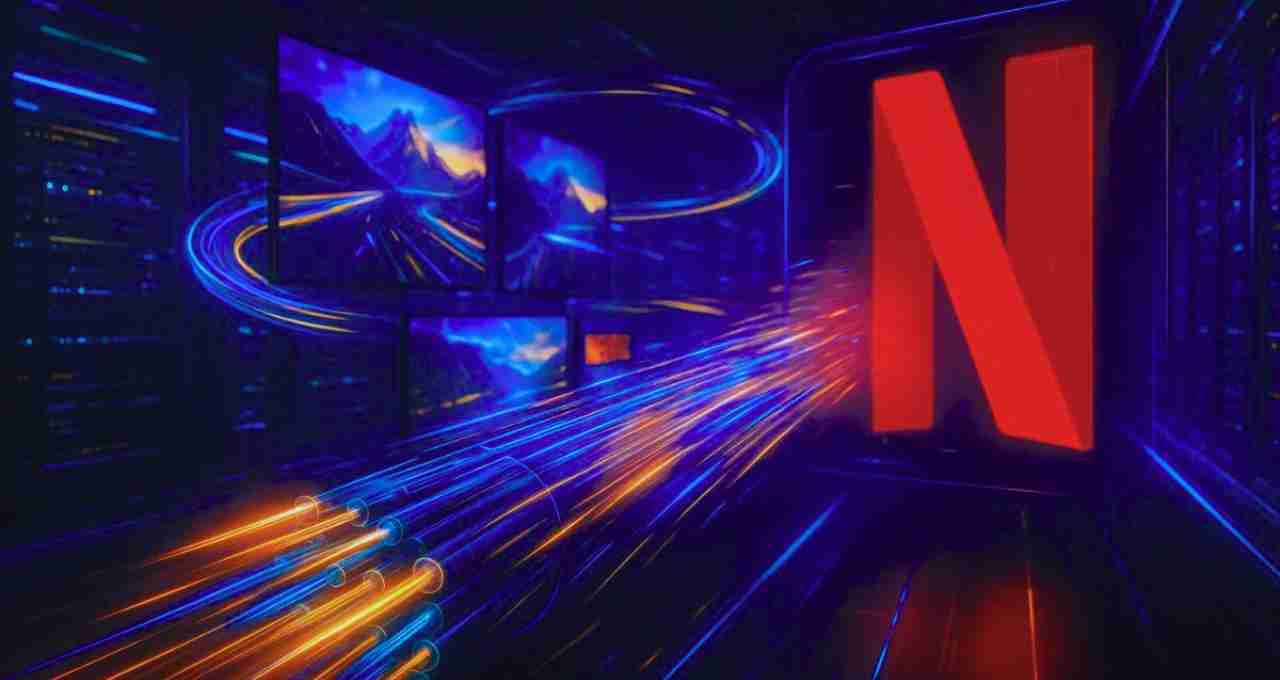
To achieve such high internet speeds, NICT scientists used a special optical fiber cable. This special cable has 19 cores (or channels), while a normal fiber optic cable has only one core. Different data streams are transferred from each core, making it possible to send 19 times more data in the same cable. And the surprising thing is that the size of this fiber cable is the same as today's standard cable – only 0.125 mm thick. This means that this technology can be implemented without changing the existing infrastructure.
Not Just Theory, Tested in Practice as Well
This record was not limited to the lab; it was successfully transferred over 1,808 kilometers. Scientists created 19 different circuits, each 86.1 kilometers long, through which a total of 180 data streams were sent simultaneously. This proved that this technology can work with the same efficiency over long distances.
What is Possible with Such Speed?
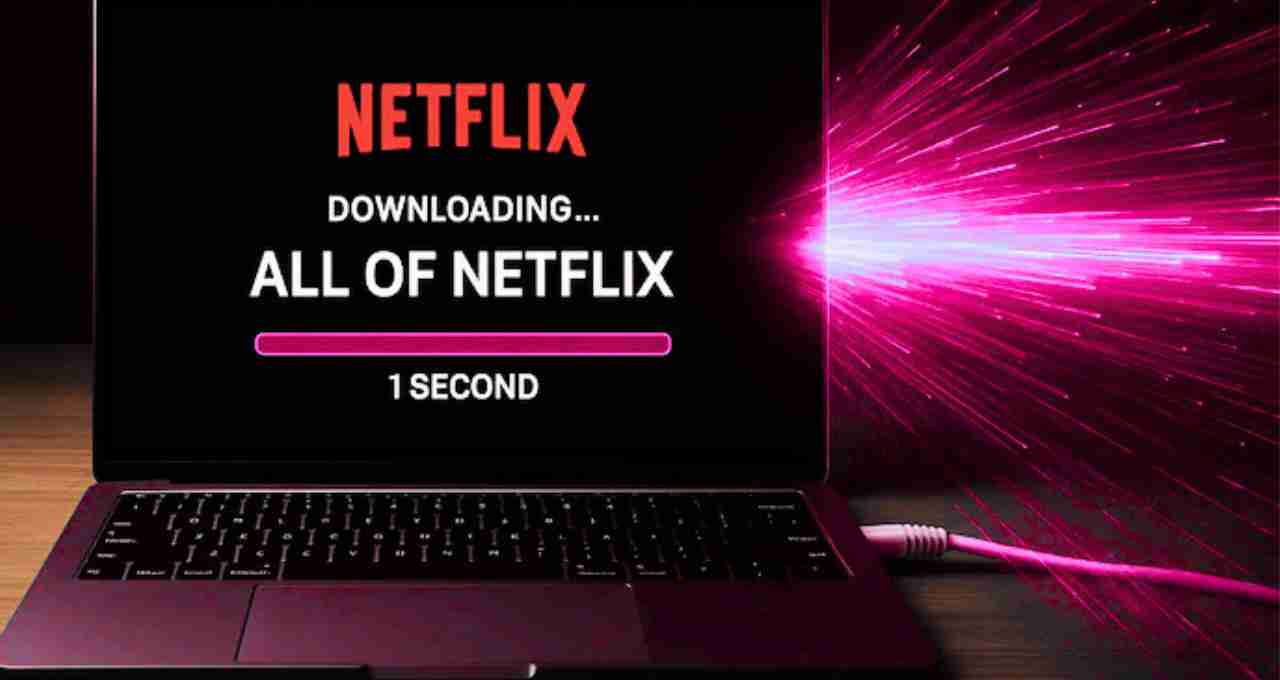
This super-speed internet can have many unimaginable benefits:
- 8K videos can be streamed without buffering.
- Entire websites, such as Wikipedia, can be downloaded in less than a second.
- Training AI models and large data transfers will now be possible in the blink of an eye.
- Global collaboration, cloud computing, and technologies like virtual reality will undergo major changes.
- Science, medical research, and space missions will benefit greatly from the data transfer speed.
Will Ordinary People be Able to Use it?
Currently, this technology is in the research stage and is limited to the laboratory. But since it is based on the current cable size and structure, it is expected that it will be implemented on a large scale in the next few years. This means that in the future, this fast internet may reach your home as well.
What Could it Mean for India?
For a country like India, where Digital India is being discussed, adopting this technology can prove to be a game-changer for the internet infrastructure. Especially in rural areas where the speed is still very low, such technology can bring about a revolution.


